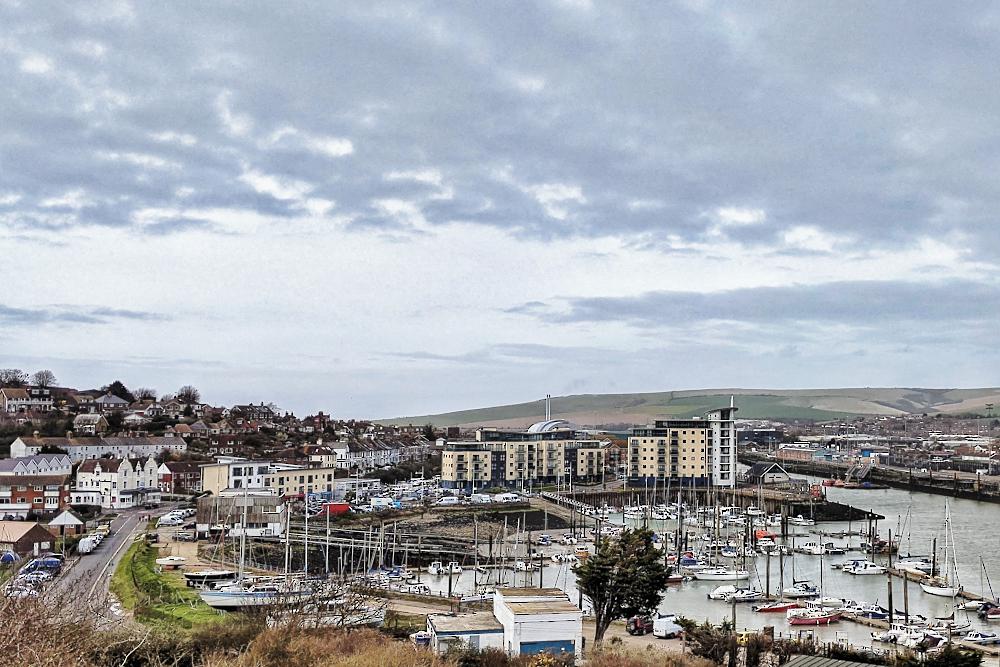
The investigative report on the sinking of the Joanna C fishing boat south of Newhaven on November 21st, 2020 has a now been published.
The scallop dredger, with a crew of three, capsized early that morning leaving only one crew member alive.
According to a summary in the report, the crew was hauling the gear when they noticed the starboard dredge bar had become snagged on a line of whelk pots.
"The snag caused a heel to starboard from which the vessel could not recover, and it capsized rapidly."
The report has highlighted the fact that the "crew’s chances of survival were severely impacted by the fact that Joanna C’s lifesaving equipment did not function as expected."
The Marine Accident Investigation Branch (MAIB) said that modifications made to the boat throughout its "life" including extensive alterations made in 2019, contributed to its state of low positive stability and increased vulnerability to capsize.
"The detrimental effect of the modifications was unknown to the crew and regulator alike because, although a stability assessment had begun after the 2019 modifications, the analysis was never completed, and the vessel was free to continue operation."
As the boat capsized, Joanna C's mate was thrown into the water and managed to survive, whereas the deckhand remained trapped inside.
It was reported that the vessel's life raft did not inflate because it had "insufficient buoyancy to initiate the inflation mechanism".
"The absence of a liferaft adversely affected the survivability of the crew in the sea after the vessel sank."
Andrew Moll OBE, the Chief Inspector of Marine Accidents, said:
“The MAIB’s investigation into the loss of Joanna C set out to answer two key questions: why did it capsize, and why did only one of the three crew survive? Today, we are publishing the report that answers both these questions.
"Joanna C capsized because it had insufficient reserves of stability to recover from the heel created when the fishing gear became snagged. This happened because of modifications to the vessel that had severely eroded its stability characteristics, and this went undetected.
"Of equal importance today, I want to highlight the findings of our investigation regarding Joanna C’s liferaft; this issue reaches beyond the fishing industry to any vessel carrying a ‘non-SOLAS’ liferaft.
"Lifesaving appliances are just that - for saving life, so it is vital that such equipment will function correctly in the event of an emergency.
"Unfortunately, Joanna C’s ‘float-free’ liferaft arrangements did not work as expected. Although the liferaft was released from its cradle as the vessel sank, it did not come to the surface and inflate.
"This significantly impacted the chances of survival for the two crew in the water, only one of whom survived. The MAIB’s investigation found that the uninflated liferaft had insufficient buoyancy to trigger the gas inflation system, leaving it suspended mid-water still attached to the sunken vessel.
"Furthermore, the liferaft had not been manufactured to meet any specific standard, although this was acceptable for a small fishing vessel at the time. Prior to publication of today’s report, an immediate MAIB recommendation was made to amend the International Standard Organisation’s standard for non-SOLAS liferafts (known as ISO-9650) to ensure they have sufficient buoyancy in the uninflated state to activate the inflation mechanism, where ‘float-free’ arrangements are in place.
"The safety message is that it is vital to ensure that lifesaving appliances will work as expected. Where ‘float-free’ arrangements are in place, the liferaft must have sufficient buoyancy to trigger the inflation mechanism once it has been released from the cradle as the vessel sinks.”

 Teenager In Custody On Crawley Attempted Murder Charge
Teenager In Custody On Crawley Attempted Murder Charge
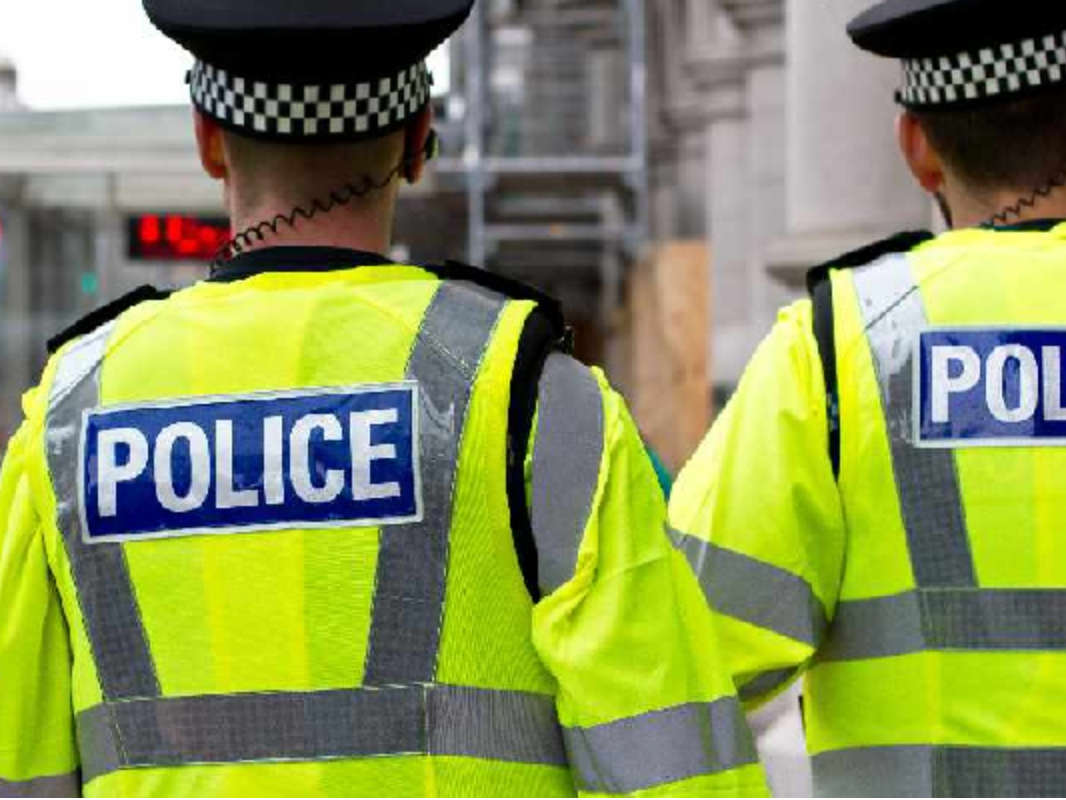 Appeal Following Assault In Hastings
Appeal Following Assault In Hastings
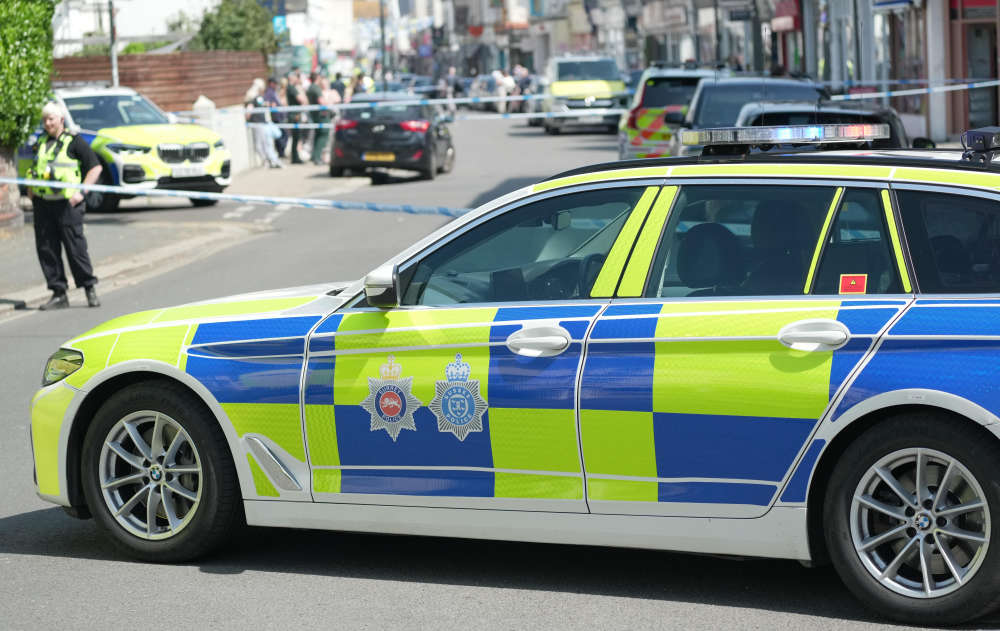 Road Closed As Armed Police Attend Incident In Worthing
Road Closed As Armed Police Attend Incident In Worthing
 Lewes District Council Placed In Planning Special Measures
Lewes District Council Placed In Planning Special Measures
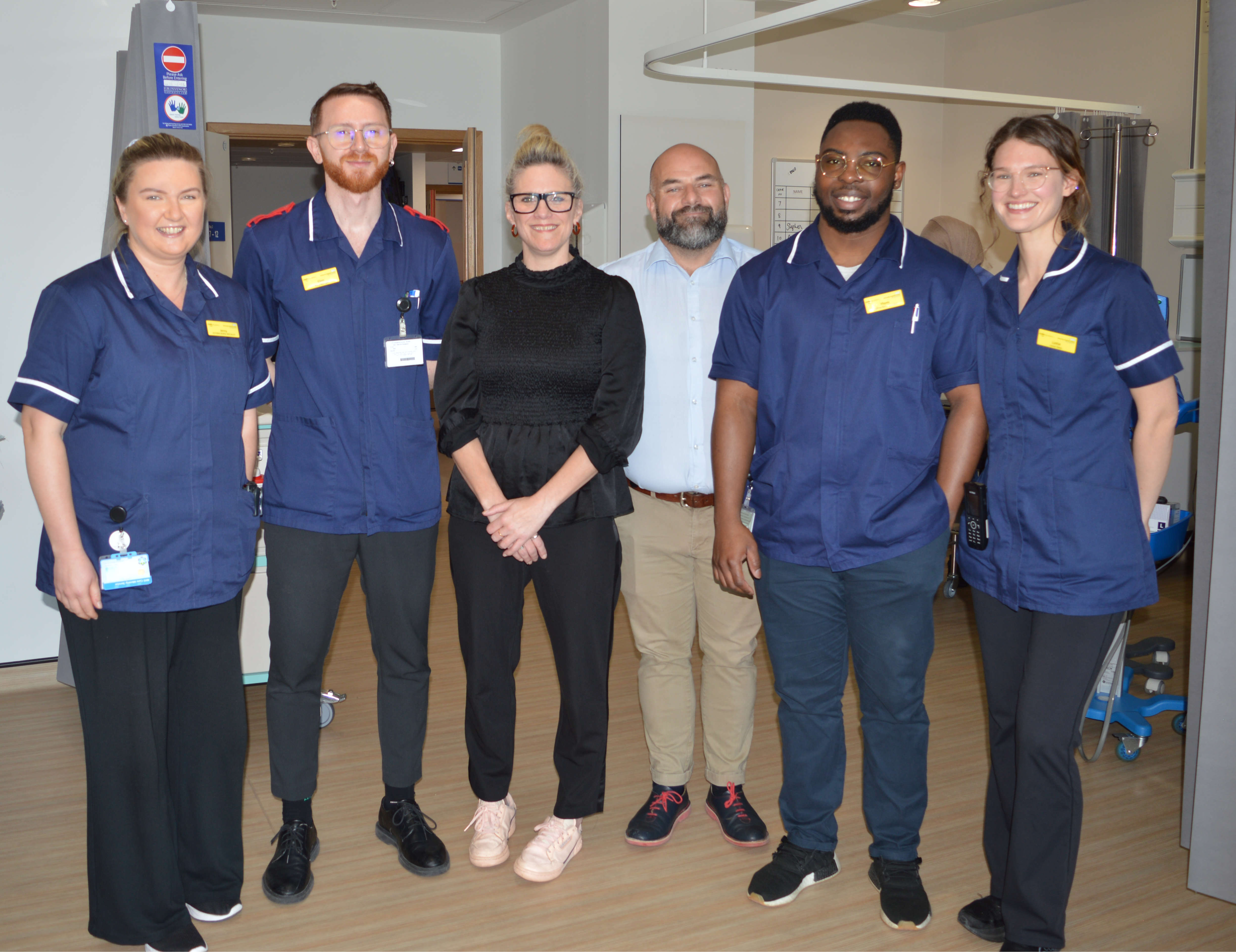 ‘Life-Changing’ Medication For Asthma Patients Now Available In Sussex
‘Life-Changing’ Medication For Asthma Patients Now Available In Sussex
 Arms Factory Demonstrator Disrupts Brighton & Hove Council Meeting
Arms Factory Demonstrator Disrupts Brighton & Hove Council Meeting
 Patients Forced Into 'Pharmacy Bingo' - As Survey Says Medicine Shortages 'Beyond Critical'
Patients Forced Into 'Pharmacy Bingo' - As Survey Says Medicine Shortages 'Beyond Critical'
 Appeal for information After Man Dies In Hastings Collision
Appeal for information After Man Dies In Hastings Collision
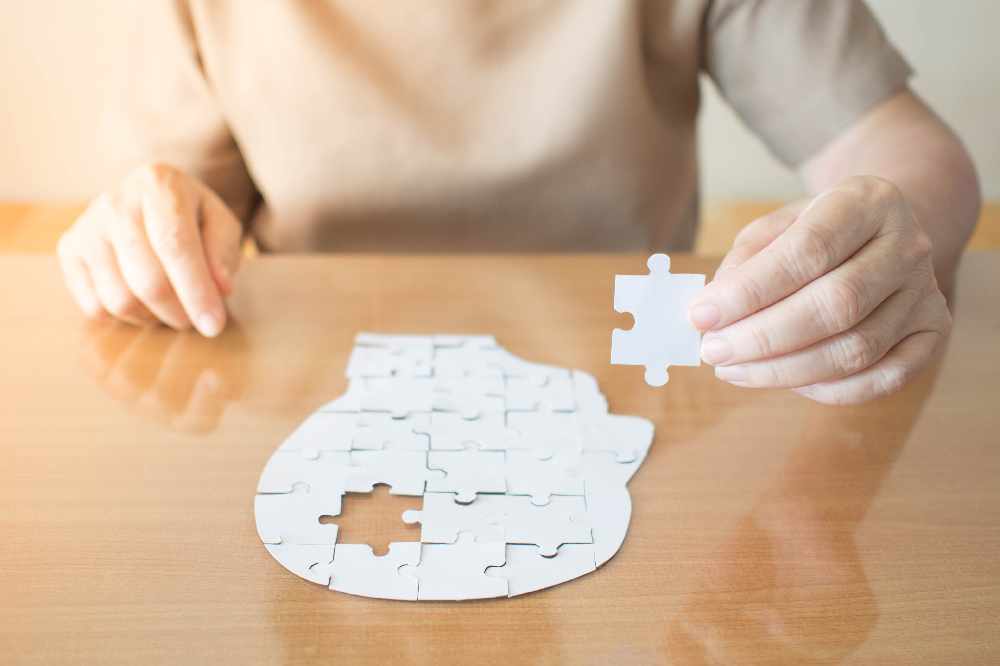 Wealden To Hold National Dementia Action Week This Month
Wealden To Hold National Dementia Action Week This Month
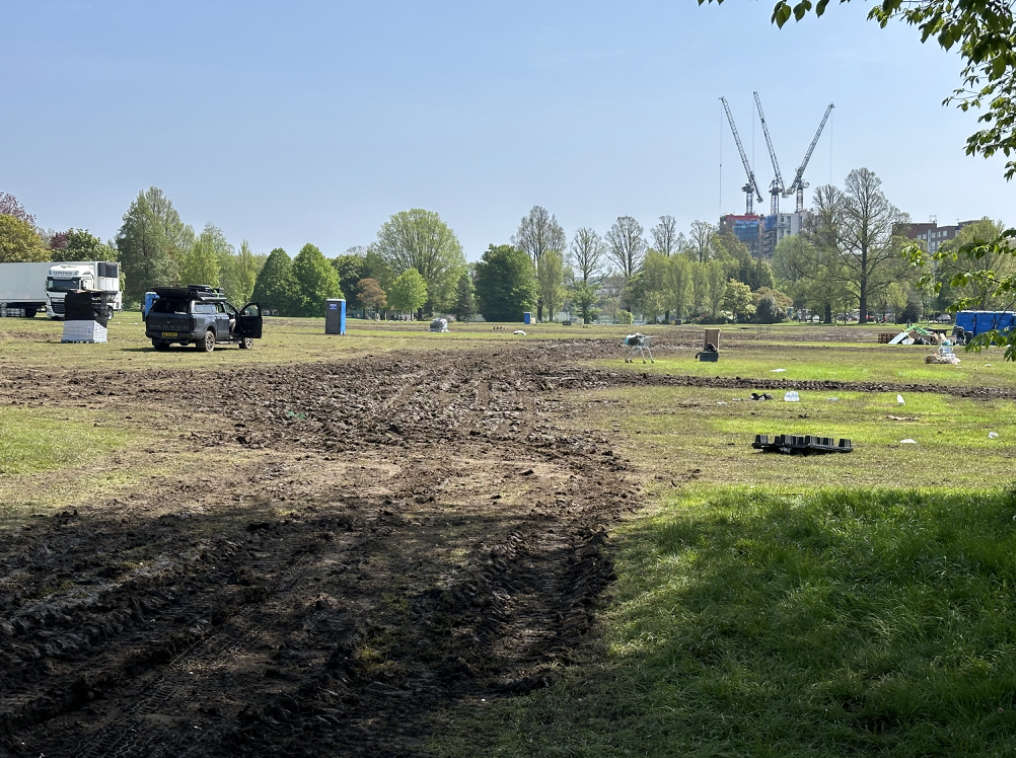 Brighton Food Festival To Be Charged For Mud Bath
Brighton Food Festival To Be Charged For Mud Bath